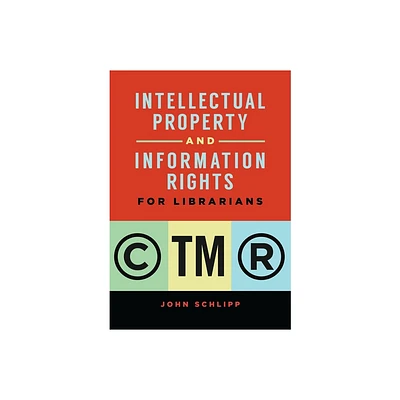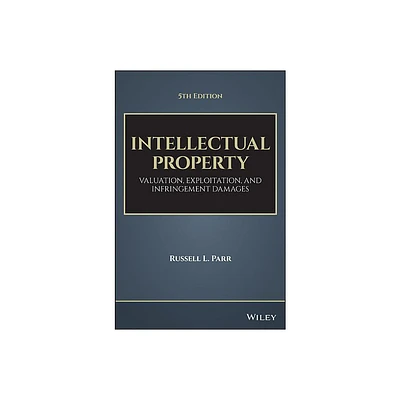Home
Governing Intellectual Property Rights Within Publicly Funded Biobanks
Loading Inventory...
Barnes and Noble
Governing Intellectual Property Rights Within Publicly Funded Biobanks
Current price: $190.00


Barnes and Noble
Governing Intellectual Property Rights Within Publicly Funded Biobanks
Current price: $190.00
Loading Inventory...
Size: OS
*Product Information may vary - to confirm product availability, pricing, and additional information please contact Barnes and Noble
Governing Intellectual Property Rights Within Publicly Funded Biobanks
R. Neethu
The boom in biobanks and health databases as research infrastructures have evoked various legal and ethical debates. Since then numerous new developments have emerged such as digitalization, big-data research and artificial intelligence which has important implications for biobank-based research and collaborations. This new paradigm offers new legal challenges for commercial involvement particularly within a publicly funded setting. In this innovative book, the author shows that securing maximum social benefit out of the knowledge emanating from the use of biobank resources lies in managing intellectual property inputs and outputs effectively in keeping with the values core to such research.
Focusing on the challenges of involving intellectual property rights (IPRs) particularly in the precompetitive phase of biobank-based research, the book offers an extensive understanding of the role of different IPRs and identifies the gaps in the law and its implications for biobanks. The analysis covers important aspects in relation to biobanks such as:
Digital integration and biomedical data storage;
Ownership of biological samples;
Commercialization and benefit'sharing;
Partnership models;
Public sector research;
Disposition of samples;
Consent;
Cross-border exchange;
Trade secrecy;
Privacy;
Regulatory stewardship;
Business strategies;
Ethical considerations over biological resources;
Patenting of inventions relating to personalized medicine;
Ethical parameters within patent law; and
Rights regarding genetic data and databases.
The book includes observations, case studies and interviews conducted by the author. In conclusion, the author offers cogent recommendations for legal interoperability of IP rules and research practices designed to enhance the ability of biobanks to share, access and reuse data.
This book is the first of its kind to explore the organizational and legislative choices for biobanks particularly while engaging in the protection of research results and technology transfer within a publicly funded setting. It will be of substantial interest to all stakeholders in biobanking, especially policymakers, biobankers and researchers working in the field of health law as well as for legal practitioners, academics and patient interest groups.


















